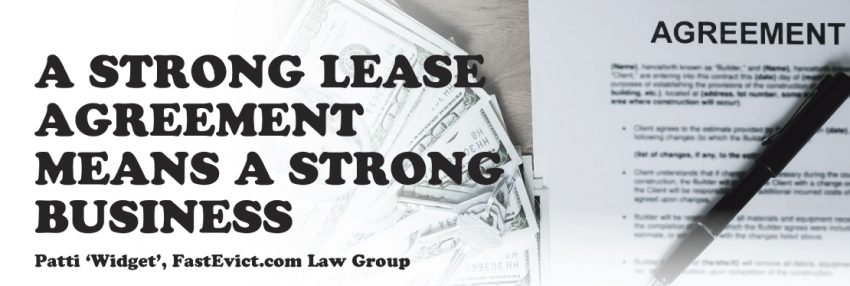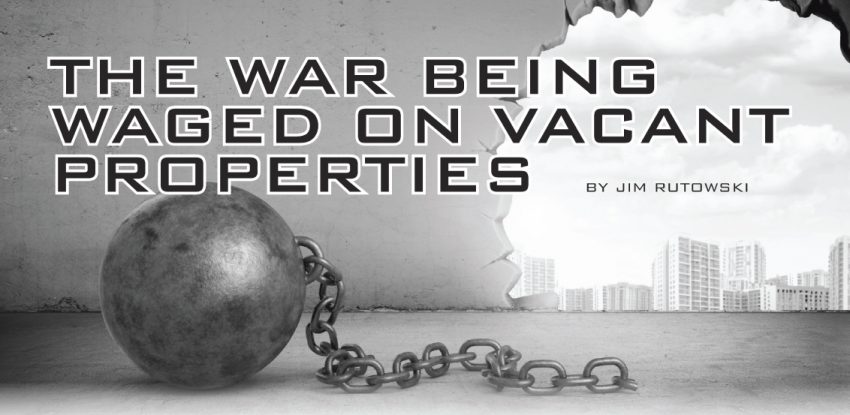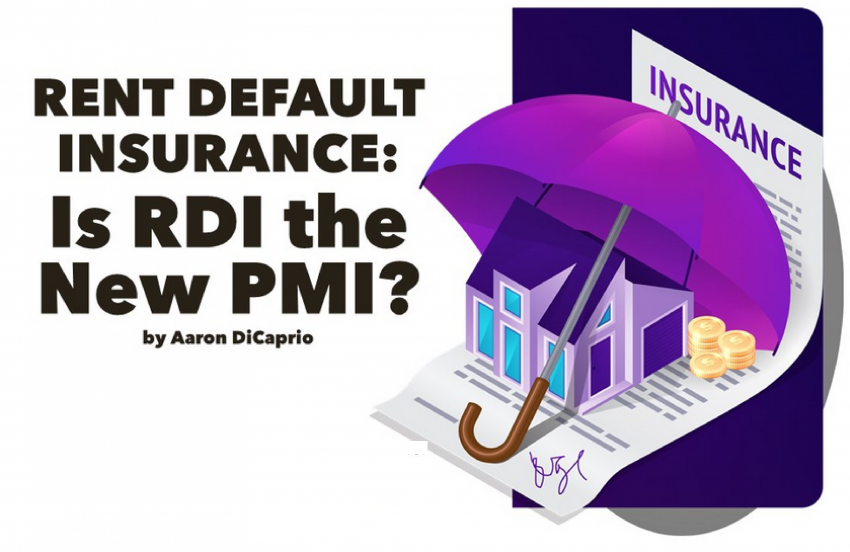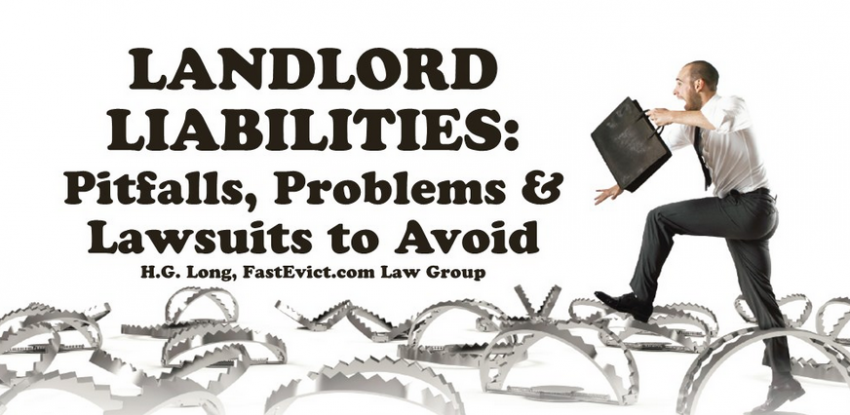Domestic Violence, Elder Abuse, Dependent Adult Abuse and Human Trafficking in Rental Housing
By Lynn Dover, Esq., Kimball, Tirey & St. John LLP
If you own or manage residential rental property, you may have had to deal with domestic violence incidents between residents. And if you haven’t yet, chances are you will at some point. When domestic violence occurs in a rental unit, owners and managers frequently have questions. For instance, if the victim obtains a restraining order and wants her locks changed, should you change them? Or if there is no restraining order and you receive complaints from other residents about loud fighting, should you evict both the victim and the perpetrator? What if the victim wants to terminate his or her lease? If you let the victim out of the lease, how do you handle the security deposit when the unit is finally vacant?

Definition of Abuse
Before we look at these and other questions, let’s look at what does – and does not – constitute domestic violence. California Family Code § 6211 defines domestic violence as abuse perpetrated against someone with whom the victim has (or had) a romantic relationship such as marriage, living together, dating, engagement or having a child with the person. It is also defined as abuse against a child of one of the parties to the relationship or against a person who is related to one of the parties (such as a parent, sibling, in-law or grandparent of one of the parties). The definition does not include disputes between people who are only roommates or neighbors.













